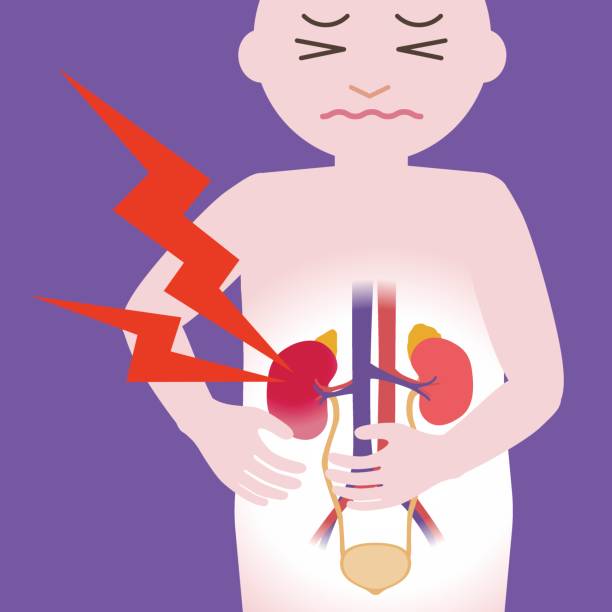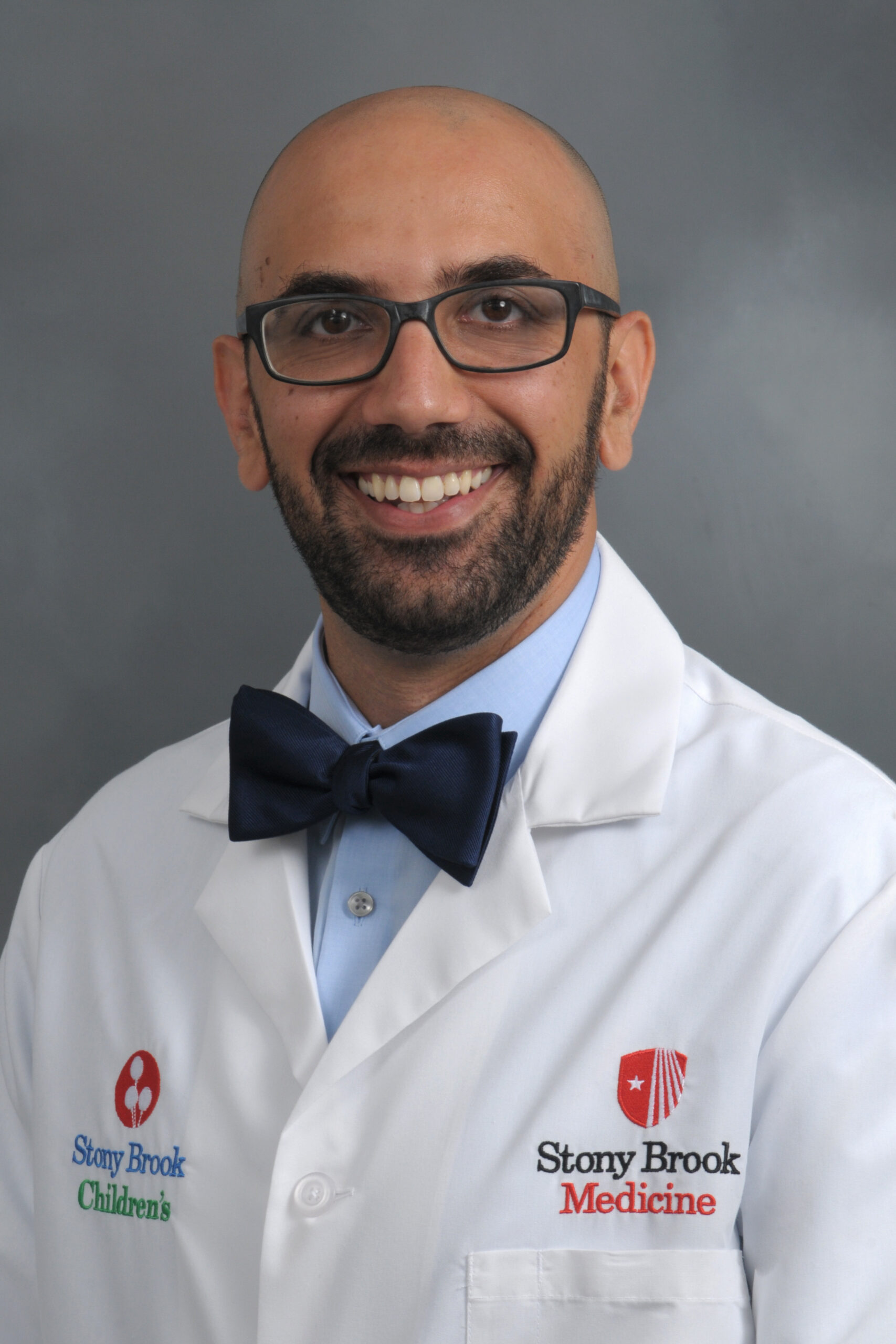
Greetings, fellow parents! As a devoted pediatric urologist and a proud father, I am keenly aware of the concerns and questions that can arise when it comes to the well-being of our precious little ones. From the first infectious giggles to the countless diaper changes, our children’s health holds the utmost importance. Today, I am excited to share some insights into common conditions in pediatric urology.
Bedwetting (Nocturnal Enuresis)
Ah, the nighttime enigma of damp sheets and drowsy little explorers! Bedwetting is a common concern among parents and is often a natural phase of a child’s growth. According to the American Academy of Pediatrics, around 15% of children experience bedwetting at age 5, with this number decreasing as they mature. I want to assure you that patience is your greatest ally during this journey. Encouraging healthy bathroom habits, moderating evening fluids, and employing protective bedding can all play a role in making this phase smoother. While medication is seldom necessary, options are available for those special occasions.


Urinary Tract Infections (UTIs)
Urinary tract infections can sneak up even on our tiniest tots. Recognizing the signs, particularly in non-verbal children, is of paramount importance. According to HealthyChildren.org, a fever, irritability, and changes in eating habits could be indicators of a UTI. As parents, we naturally prioritize our children’s comfort. Swift medical attention combined with adherence to recommended treatments can make a significant difference in their speedy recovery. If your child experiences frequent UTIs, it’s worth noting that our discussions might encompass bowel health in addition to bladder well-being. Constipation often contributes to recurrent UTIs in children under the age of 2, and remember that a UTI in a child of that age combined with a fever, should always be addressed by a pediatric urologist.

Undescended Testicles
As parents, we understand that even the smallest details matter. When our little ones arrive, we count their fingers and toes, and as a urologist, I always count two testicles as well. Undescended testicles are quite common, affecting up to 3% of full-term boys. This condition occurs when one or both testicles don’t take their anticipated position in the scrotum. The American Academy of Pediatrics reassures us that in most instances, this concern resolves naturally by the age of six months. However, if the situation persists, seeking guidance from a pediatric urologist is recommended. Ensuring the optimal start for our children is our shared goal, and surgically moving the testicles to their rightful place in the scrotum often becomes an important step in their medical journey.
Hypospadias
Hypospadias might not be a term you’re familiar with, but it’s one of the most prevalent congenital conditions affecting male genitalia. In this condition, the urethral opening is positioned on the underside of the penis rather than at its tip. While it might raise concerns for parents, rest assured that surgical correction if needed, is highly effective. As a pediatric urologist and a father, I am dedicated to providing precise information and support, empowering parents to make informed decisions regarding their child’s health.
Dr. Michael Ernst relocated to Long Island a year ago with his wife and 2-year-old son. He joined the Department of Pediatric Urology at Stony Brook University Hospital. They have embraced every opportunity to explore the island, and their family welcomed a daughter in November 2022. Their adventures have led them to countless farms, pumpkin patches, parks, and ice cream shops while connecting with the warm community of parents in Suffolk County. He is eager to offer his expertise in pediatric urology which can often seem daunting and confusing. For further reading, he recommends HealthyChildren.org, a valuable resource sponsored by the American Academy of Pediatrics. If you’re seeking personalized guidance, feel free to schedule an appointment with him at Stony Brook Children’s Department of Pediatric Urology. Also, do check out the exciting new location in Smithtown! Your child’s well-being is our priority, and we’re here to support you every step of the way by sharing his expertise!


Dr. Michael Ernst is a Clinical Assistant Professor in Pediatric Urology at the Renaissance School of Medicine at Stony Brook University. He offers clinics for patient consultations in Smithtown, Holbrook, Setauket, and Riverhead. To schedule an appointment for your child, please call 631-444-6270.
